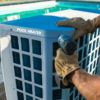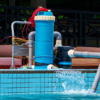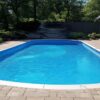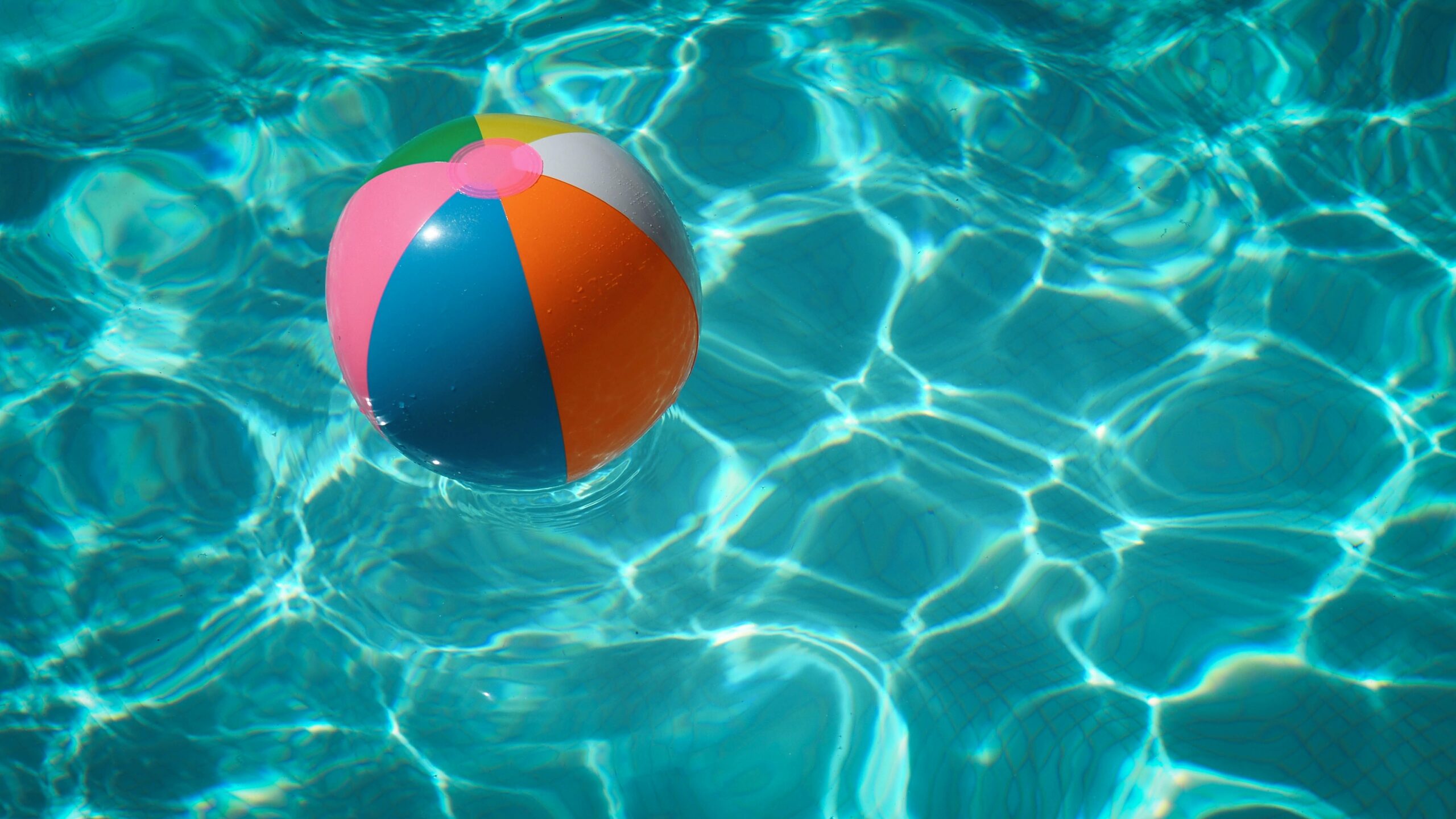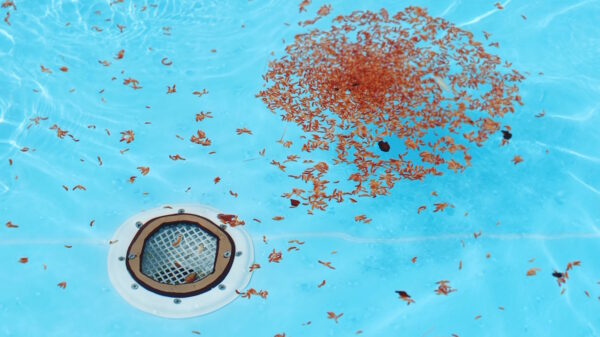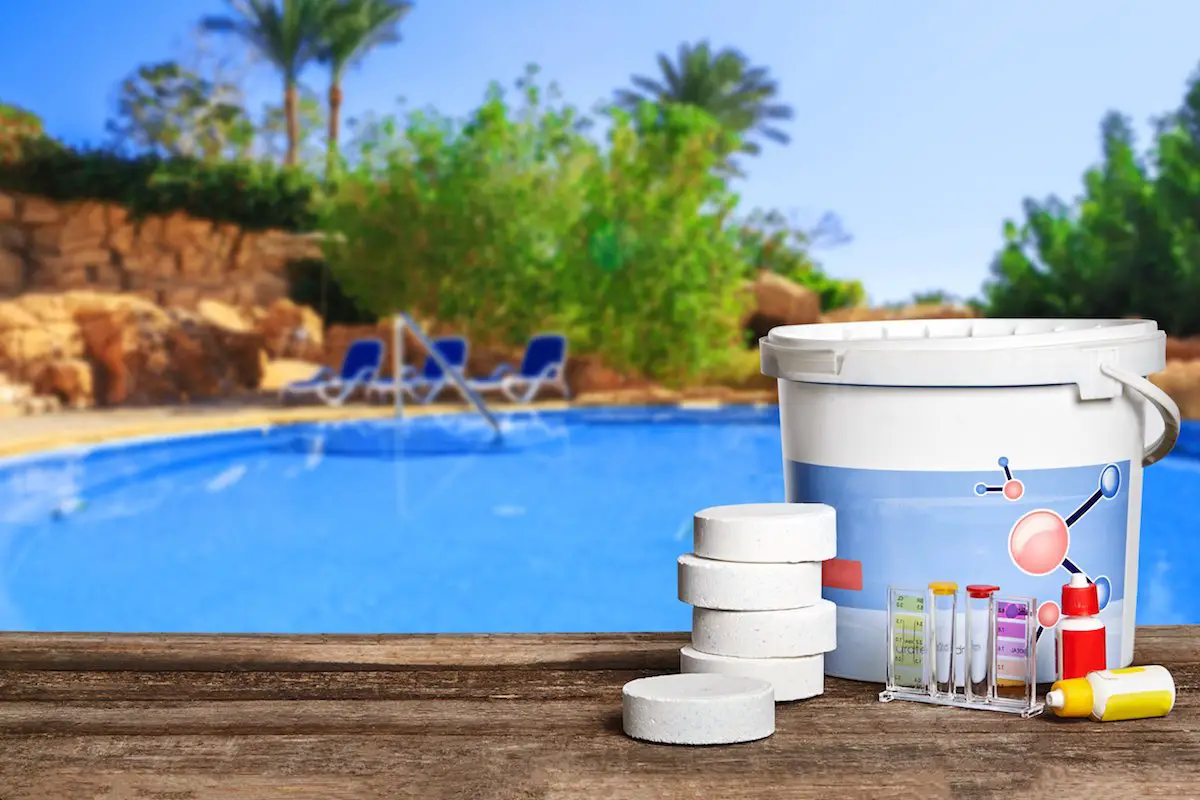Can a Pool Pump be Used for Other Water Features like Spas or Fountains?
Introduction:
When it comes to water features like spas and fountains, many people wonder if they can repurpose their pool pump for these purposes. After all, a pool pump is designed to circulate water and keep the pool clean. In this article, we will explore the potential of using a pool pump for other water features, such as spas or fountains. We’ll delve into the considerations, benefits, and limitations of repurposing a pool pump for these purposes. So, let’s dive in and find out if a pool pump can indeed be used for other water features like spas or fountains.
Factors to Consider:
- Flow Rate: Spas require higher flow rates than pools due to the presence of jets. Ensure that your pool pump can deliver the required flow rate to meet the spa’s needs.
- Heat Preservation: Spas often require a heating system to maintain warm water. Check if your pool pump can accommodate a heater or if additional equipment is necessary.
- Filtration System: Spas may need a different filtration system, as they typically require finer filtration to maintain water quality. Evaluate if your pool pump’s filtration capability is suitable for a spa.

Benefits of Using a Pool Pump for a Spa:
- Cost Savings: Repurposing a pool pump for a spa eliminates the need to purchase a separate pump, saving both money and space.
- Familiarity: If you’re already familiar with operating and maintaining a pool pump, using it for a spa can be more convenient than learning to use a different pump.
- Efficient Circulation: Pool pumps are designed for efficient water circulation, which can contribute to better water movement and a more enjoyable spa experience.
Limitations of Using a Pool Pump for a Spa:
- Inadequate Flow Rate: Some pool pumps may not provide enough flow rate to power the spa jets effectively. This can result in a subpar spa experience.
- Heating Capability: Depending on the pool pump model, it may not have the capacity to accommodate a heater, which is crucial for maintaining warm water in a spa.
- Filtration Efficiency: The filtration system of a pool pump might not be optimized for spas, potentially leading to inadequate filtration and compromised water quality.
Compatibility of Pool Pumps with Fountains:
Repurposing a pool pump for a fountain requires careful consideration of the fountain’s specific requirements and the pool pump’s capabilities.
Factors to Consider:
- Water Flow and Pressure: Fountains often require specific flow rates and pressure to create desired water displays. Ensure that your pool pump can generate the necessary flow and pressure.
- Nozzle Adaptation: The pool pump may require nozzle adaptations to fit the fountain’s design and achieve the desired water patterns and effects.
- Maintenance: Consider if the pool pump’s maintenance requirements align with the demands of a fountain.
Benefits of Using a Pool Pump for a Fountain:
- Cost Efficiency: Utilizing an existing pool pump for a fountain eliminates the need to purchase an additional pump, resulting in cost savings.
- Versatile Performance: Pool pumps are designed to handle various water features, and with the right adjustments, they can provide the necessary flow and pressure for fountains.
- Easy Control: If you’re already familiar with operating a pool pump, using it for a fountain allows for easy control and adjustment of water flow.

Limitations of Using a Pool Pump for a Fountain:
- Limited Customization: Pool pumps may have limitations in terms of nozzle adaptability and water flow patterns, restricting the level of customization for the fountain’s design.
- Noise and Vibration: Pool pumps are typically larger and more powerful than pumps specifically designed for fountains. This can result in increased noise and vibration levels, affecting the overall fountain experience.
- Maintenance Challenges: Fountains often have intricate designs and mechanisms that may require specialized maintenance. Pool pumps may not be optimized for such requirements.
Installation Process:
When repurposing a pool pump for a spa or fountain, the installation process requires careful attention to detail. Here’s a brief overview of adapting a pool pump for a spa and a fountain.
Adapting a Pool Pump for a Spa:
- Assess the Compatibility: Confirm that your pool pump meets the flow rate, heating, and filtration requirements of the spa.
- Plumbing Modifications: Make necessary adjustments to the plumbing system to accommodate the pool pump and ensure proper water circulation.
- Heater Integration: If your pool pump lacks an integrated heater, install a compatible heater to maintain the desired water temperature.
- Control System: Set up a control system that allows you to adjust the pump’s speed and heating functions conveniently.
-
Safety Considerations:
When repurposing a pool pump for other water features like spas or fountains, it’s crucial to prioritize safety. Here are some safety considerations to keep in mind:
- Electrical Safety: Ensure that the electrical connections and wiring are appropriately installed and comply with local electrical codes. If in doubt, consult a professional electrician.
- Waterproofing: As spas and fountains involve water, it’s essential to ensure proper waterproofing of electrical components, such as switches, timers, and control panels.
- Grounding: Proper grounding of the pump and other electrical components is vital to prevent electrical shocks. Follow the manufacturer’s guidelines for grounding requirements.
- Regular Inspections: Regularly inspect the pump, plumbing connections, and electrical components for any signs of damage or wear. Promptly address any issues to prevent accidents or malfunctions.
Common Troubleshooting Issues:
While repurposing a pool pump for other water features like spas or fountains can be rewarding, it’s essential to be aware of common troubleshooting issues. Here are a few common problems and their possible solutions:
- Insufficient Flow Rate: If the pump is not delivering enough flow for the spa jets or fountain, check for clogs or debris in the pump’s impeller or plumbing lines. Clean or remove any obstructions.
- Inconsistent Water Temperature: If the water temperature in a spa is inconsistent, check the heater integration and ensure it is functioning correctly. Also, confirm that the pump is circulating water properly through the heating system.
- Excessive Noise or Vibration: If the pump generates excessive noise or vibration, check for loose mounting or plumbing connections. Ensure that the pump is securely mounted and aligned.
- Water Leakage: If you notice water leakage around the pump or plumbing connections, inspect the seals and gaskets. Replace any damaged or worn-out seals to prevent further leakage.
Frequently Asked Questions (FAQs):
Can a pool pump be used for a spa without modifications?
While it’s possible to use a pool pump for a spa without modifications, it’s essential to ensure that the pump can meet the spa’s flow rate requirements and accommodate any heating or filtration needs. In most cases, some adaptations or adjustments may be necessary for optimal spa performance.
Are pool pumps compatible with all types of fountains?
Pool pumps can be compatible with many types of fountains, but it depends on factors such as the desired water flow, pressure, and customization options. Some pool pumps may require nozzle adaptations or adjustments to suit specific fountain designs and requirements.
Are there any risks involved in repurposing a pool pump for other water features?
Repurposing a pool pump for other water features like spas or fountains carries certain risks. These include potential performance limitations, inadequate flow rates, compatibility issues, and safety concerns. It’s crucial to carefully evaluate and address these risks to ensure a safe and satisfactory experience.
Conclusion:
In conclusion, repurposing a pool pump for other water features like spas or fountains is feasible in certain cases, but it requires careful consideration and adjustments. Understanding the compatibility, benefits, and limitations of using a pool pump can help you make an informed decision. Remember to prioritize safety, follow proper installation procedures, and perform regular maintenance for optimal performance. Whether you choose to repurpose a pool pump or opt for dedicated pumps designed specifically for spas or fountains, ensure that your water feature provides the desired experience and enjoyment.


